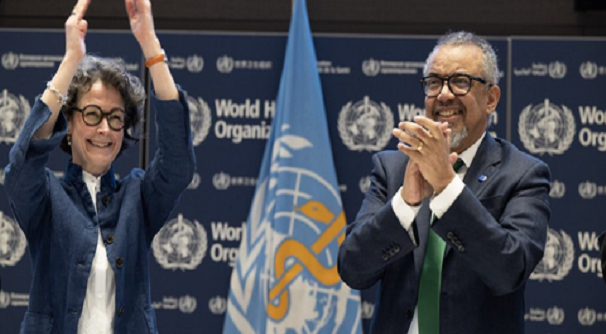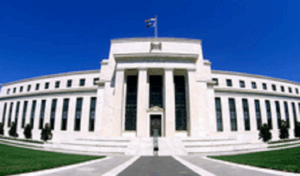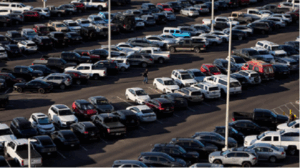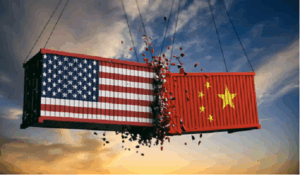Nations finalize on historic pandemic agreement after U.S. drops out
In marathon talks that ended after midnight, negotiators have agreed on a legally binding treaty to govern the world’s response to future pandemics, requiring a fairer and faster distribution of vaccines, drugs and data.
The historic deal was finally struck at about 2 a.m. on Wednesday in Geneva, as delegates accepted the treaty’s final text after more than three years of often tense and complex negotiations at the World Health Organization.
The United States dropped out of the talks when President Donald Trump announced earlier this year that his administration would withdraw from the WHO, and it will not be bound by the treaty. But the U.S. withdrawal had one advantage: It allowed the negotiators to reach a unanimous agreement without fear of a U.S. veto.
“The nations of the world made history in Geneva today,” WHO director-general Tedros Adhanom Ghebreyesus said in a statement after the deal was reached.
“In reaching consensus on the Pandemic Agreement, not only did they put in place a generational accord to make the world safer, they have also demonstrated that multilateralism is alive and well, and that in our divided world, nations can still work together to find common ground, and a shared response to shared threats.”
It is just the second binding treaty to be negotiated in the 75-year history of the WHO, after a tobacco control agreement in 2003.
The new treaty seeks to avoid the inequities of the COVID-19 pandemic, when poorer countries struggled to gain access to vaccines that were stockpiled in wealthier countries. Studies have estimated that 1.3 million people died in poorer countries in 2021 and 2022 because their governments could not get access to vaccines.
The 31-page pandemic treaty is expected to be ratified by countries at the annual World Health Assembly, which begins on May 19. After that, the WHO’s member states must also ratify the treaty.
The treaty includes a pathogen access and benefit-sharing system to allow the faster exchange of data with pharmaceutical companies, which should accelerate the development of new drugs and vaccines during pandemics.
Another clause would require that vaccines, drugs and diagnostic tests be made available to poorer countries, through a WHO supply system, in any future pandemic. Participating manufacturers – to be defined in future negotiations – would need to allocate 20 per cent of their products to the WHO, with 10 per cent to be donated and 10 per cent supplied at affordable prices.
The agreement was weakened, however, by a requirement that any technology transfer would have to be “mutually agreed,” which could protect any manufacturers or governments that objected to the sharing of their technology.
The treaty “falls short of what developing countries called for, particularly regarding obligations to transfer technology,” said Winnie Byanyima, executive director of UNAIDS, the United Nations agency on HIV and AIDS, in a statement on Wednesday.
She said the treaty is a “critical first step” toward a fairer response to future pandemics, but its success will depend on whether countries take specific action to put its goals into effect.
The Third World Network, an independent research and advocacy group, said the lack of specific obligations in the treaty means that “we risk repeating the stark inequalities witnessed during previous outbreaks.”
Adam Houston, a medical policy adviser at the Canadian office of Doctors Without Borders, said the technology transfer clause is over-reliant on voluntary cooperation with pharmaceutical manufacturers, many of whom were reluctant to share their technology during the COVID-19 pandemic.
But while the final text is flawed and less ambitious than it could have been, it still contains some valuable clauses, Mr. Houston told The Globe and Mail. He pointed to a commitment to promote transparency in procurement contracts; a promise of fair access to health products for people who have participated in clinical trials; and a pledge to avoid creating national stockpiles of surplus vaccines and drugs during pandemics.
Precious Matsoso, a South African health expert who co-chaired the treaty’s negotiating body, said she was overjoyed by the agreement. She said the negotiations were sometimes difficult and protracted, but the treaty was a “monumental effort” to protect future generations from the losses suffered during the COVID-19 pandemic.
This article was first reported by The Globe and Mail














